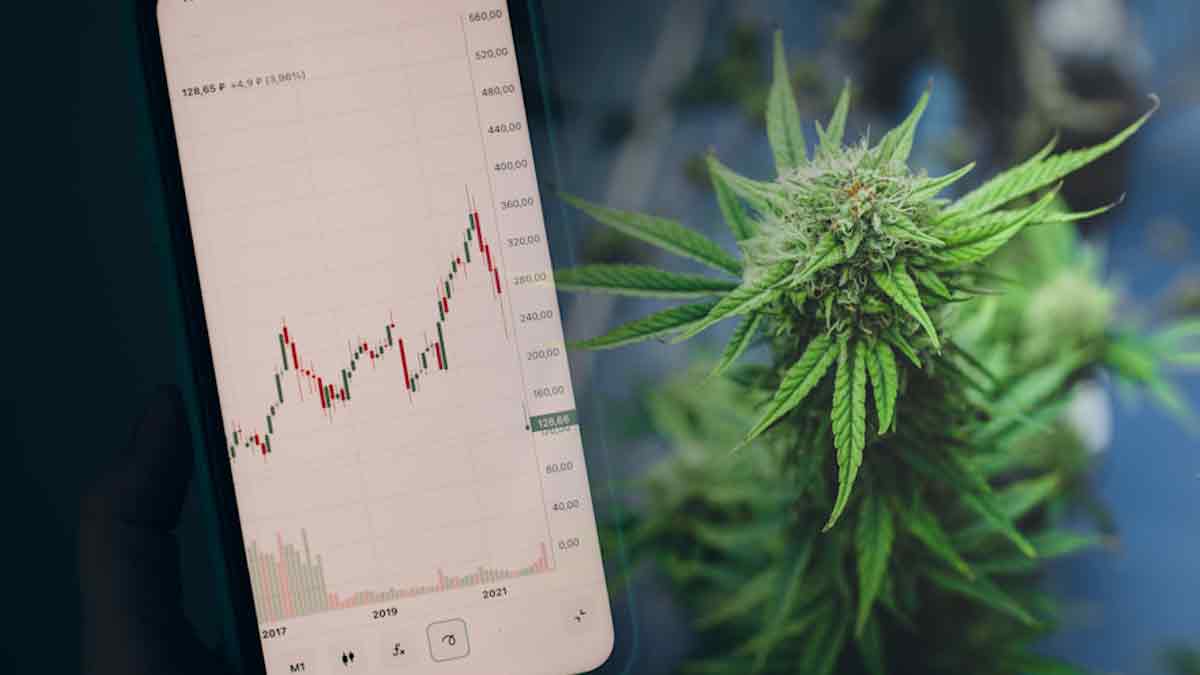The Trump administration liberated federal prosecutors on Thursday to more aggressively enforce cannabis laws, effectively threatening to undermine the legalization movement that has expanded into six states, most recently California.
In a move that raised doubts about the viability and growth of the burgeoning commercial marijuana industry, Attorney General Jeff Sessions rescinded an Obama-era policy that had discouraged federal prosecutors from bringing charges of marijuana-related crimes in states that have legalized sales of the drug.
In a statement, Mr. Sessions said the Obama-era guidance undermined “the rule of law” and the Justice Department’s mission to enforce federal statutes.
“Today’s memo on federal marijuana enforcement simply directs all U.S. attorneys to use previously established prosecutorial principles that provide them all the necessary tools to disrupt criminal organizations, tackle the growing drug crisis, and thwart violent crime across our country,” he said.
In a briefing with reporters, Justice Department officials refused to say whether they intended for federal prosecutors to carry out a federal crackdown on marijuana dispensaries, or whether the Trump administration was merely creating ambiguity to chill growth of the semi-legal commercial marijuana industry.
But the move seemed certain to increase the confusion surrounding whether it is legal to sell, buy or possess marijuana in the United States. Federal law has long prohibited those activities, and in 2013, after voters in Colorado and Washington State voted to decriminalize marijuana for recreational use, the Justice Department deliberated about how to handle the resulting disconnect between state and federal law.
Ultimately, the Obama administration decided not to sue such states, and the Justice Department issued a policy memo instructing federal prosecutors to de-prioritize marijuana-related prosecutions in those states — except in certain cases, such as when there were sales to children, gang-related activity, or diversions of the product to states where it remained entirely illegal.
That guidance was known as the “Cole memo” after the then-deputy attorney general who issued it, James Cole.
The federal government’s hands-off approach allowed a new industry to flourish in states that had decided to legalize and regulate marijuana use and sales for recreational and medical use. In Colorado, one of the first states to broadly legalize the drug for adult use, marijuana sales now top $1 billion each year and thousands of people work in the industry, in jobs ranging from “bud trimmers” to marijuana tour guides for out-of-state visitors.
Huge grow warehouses sprouted up inside old industrial neighborhoods, and companies that produce marijuana-laced candies, infusions and drinks have large-scale production facilities — all of which may now have a bull’s-eye on their backs.
“I do expect to see the larger investors and businesses targeted,” said Kevin Sabet, a prominent critic of legalized marijuana and former drug-control policy official in the Obama administration, who praised the step. “I’m not sure whether local mom-and-pop marijuana shops will be affected.”
California began allowing the sale of recreational marijuana on Monday, joining Colorado, Washington, Oregon, Alaska, and Nevada. Massachusetts and possibly Maine are expected to begin sales this year.
Mr. Sessions was a vocal opponent of marijuana legalization as a United States senator from Alabama. At his confirmation hearing in January, he said he saw some value in how the Obama administration evaluated whether to spend resources on prosecuting marijuana cases in states that had legalized the drug.
“I won’t commit to never enforcing federal law,” he said, “but absolutely it’s a problem of resources for the federal government.”
Still, he suggested, there was legitimate criticism that prosecutors may have shied away from potential cases that they should have brought under the exceptions listed in the Cole memo.
The Justice Department’s move is likely to have the biggest effect on major funding sources for marijuana retailers and large-scale growing and production operations, said Mr. Sabet, who is president of an advocacy group called Smart Approaches to Marijuana.
“It puts the industry on notice in these states who thought they had cover from the states and the feds,” he said. “All these people are going to wake up today with a bit of a heartache because they thought were scot-free, when in reality, they’re not.”
MAPH Enterprises, LLC | (305) 414-0128 | 1501 Venera Ave, Coral Gables, FL 33146 | new@marijuanastocks.com











1 comment
It’s time trump gets rid of Sessions who is out of touch and a relic of religious right-wing nonsense.